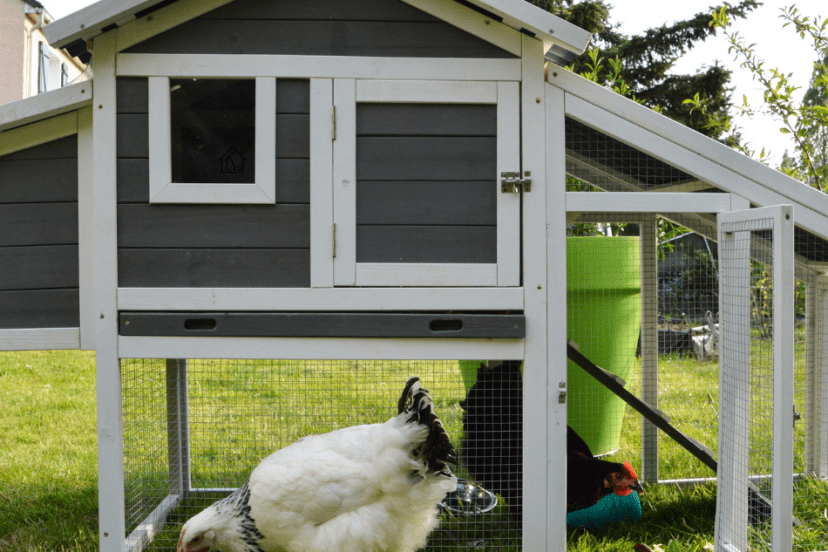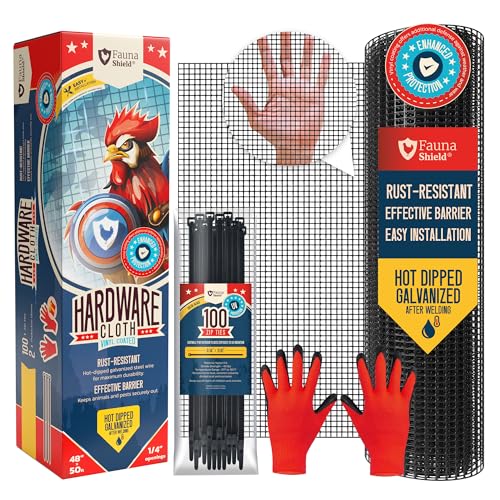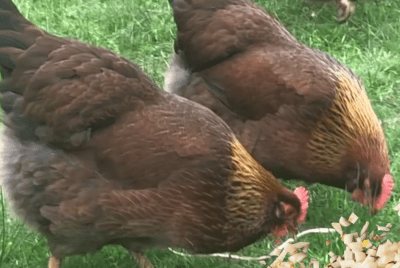Trimmed Bushes Help Deter Predators?
In This Article: Trimmed Bushes Help Deter Predators we will show you how to reduce livestock losses. The safety of our beloved flock is always a top priority for us chicken keepers. One major concern that often keeps us up at night is the threat of predators lurking around our coop, waiting for an opportunity to strike. While we already take measures such as using sturdy locks and secure fencing, could something as simple as trimming bushes and grass around the coop actually help deter predators from getting too close? Let’s examine into this topic to see if this natural method could provide an added layer of protection for our feathered friends.
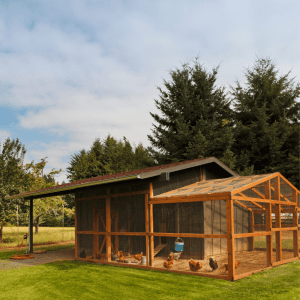
Key Takeaways:
- Trimming bushes and grass around your chicken coop can help deter predators by removing hiding spots and reducing cover for potential threats.
- Keeping the area clear can make it easier for you to spot any predators that may be lurking near your coop.
- Regular maintenance of the surroundings can create a less appealing environment for predators, encouraging them to stay away from your chickens.
- Pruning bushes and grass can also prevent predators from easily gaining access to your coop by climbing or hiding in overgrown vegetation.
- Enhancing visibility around the coop can improve the safety and security of your chickens, making it more challenging for predators to attack unnoticed.
Understanding Predators
Common predators of backyard chickens
One of the biggest threats to backyard chickens are predators that see them as easy prey. Common predators include raccoons, foxes, coyotes, hawks, and even domestic dogs and cats.
Behavioral patterns of predators
An understanding of predator behavior is crucial for protecting your flock. Predators such as raccoons are known to be agile climbers, while foxes are skilled diggers. It’s important to note that predators may also be more active at night, posing a threat to chickens that are left unsecured after dark.
For optimal security, it is vital to consider the adaptability and opportunistic nature of predators. They will exploit any weakness in your coop’s defenses, making it important to have sturdy fencing and secure locks on coop doors.
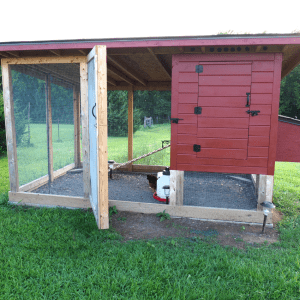
Landscaping for Safety
The role of trimmed bushes in predator deterrence
Little attention to landscaping around your chicken coop can go a long way in keeping your flock safe. Predators are less likely to approach your coop if they have nowhere to hide or take cover. Trimmed bushes provide fewer hiding spots and make it easier for you to monitor your surroundings for any potential threats.
How well-maintained grass can decrease predator hiding spots
Little hiding places for predators mean less chance of an attack on your chickens. Well-maintained grass not only gives your coop a tidy appearance but also reduces the areas where predators can lurk undetected. Regular mowing and maintenance can significantly decrease the risk of predators using tall grass as cover.
Predators such as foxes and coyotes often rely on tall grass to approach a coop unnoticed. By keeping your grass trimmed and well-maintained, you are making it more challenging for predators to get close to your chickens without being detected. Investing a little time in landscaping can provide an added layer of protection for your flock.
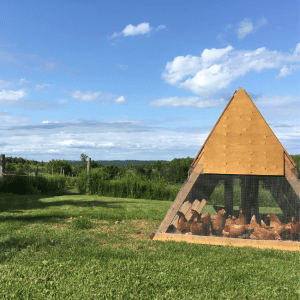
Additional Protective Measures
Using fencing effectively
Your chicken coop’s fencing plays a crucial role in protecting your flock from predators. To ensure maximum effectiveness, choose a sturdy material like hardware cloth and bury it at least 12 inches underground to prevent digging. Regularly inspect the fencing for any signs of wear and tear to promptly address and reinforce weak spots.
Integrating visual and auditory deterrents
Auditory deterrents like motion-activated alarms and visual deterrents such as predator decoys can help enhance your chicken coop’s security. These tools work by startling and deterring potential threats, keeping your chickens safe. Consider placing these deterrents strategically around the coop perimeter to create a protective barrier.
Understanding the behaviors and patterns of local predators is key to effectively implementing visual and auditory deterrents. By mimicking the presence of larger predators or creating sudden loud noises, you can successfully discourage unwanted visitors from approaching your coop.
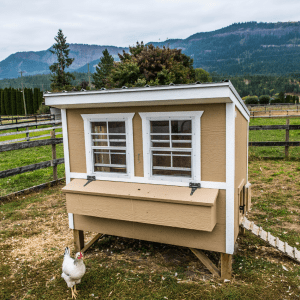
Maintenance and Monitoring
For Trees and Shrubs for the Chicken Forest Garden, it’s necessary to keep up with maintenance and monitoring around your chicken coop to ensure the safety of your flock.
Keeping landscaping in check
Monitoring your landscaping means regularly trimming bushes, mowing grass, and removing any overgrown vegetation around your chicken coop. This helps eliminate hiding spots for predators and keeps your coop area visible, reducing the chances of unwanted visitors.
Regular inspections for predator signs
To ensure your flock’s safety, it’s crucial to conduct regular inspections for any signs of predator activity near your chicken coop. Look for tracks, droppings, or any disturbances around the coop that may indicate a predator trying to approach. By staying vigilant and addressing any potential threats promptly, you can help deter predators from targeting your chickens.
Final Words on Trimmed Bushes Help Deter Predators
Trimmed bushes and grass may help deter predators from your chicken coop, but they’re not foolproof. Implement multiple strategies: secure the coop with sturdy fencing, install motion-activated lights, and use predator deterrents. Regular yard maintenance can reduce predator risks, but it’s just one part of ensuring your chickens’ safety. Proactive and diligent predator prevention is key to protecting your feathered friends..
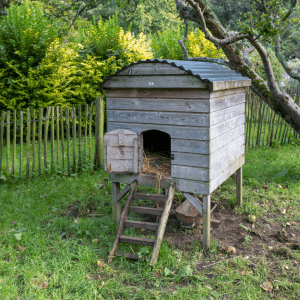
FAQ’s about Trimmed Bushes Help Deter Predators
Q: Can trimmed bushes and grass help deter predators from approaching your chicken coop?
A: Yes, trimming bushes and grass around your chicken coop can help by removing hiding spots for predators and increasing visibility around the coop.
Q: How often should I trim the bushes and grass around my chicken coop?
A: It is recommended to trim bushes and grass regularly, at least once a month, to maintain a clear and safe area around the chicken coop.
Q: What are some other benefits of keeping the area around the chicken coop well-maintained?
A: Apart from deterring predators, a well-trimmed area can also prevent parasites and pests from thriving, provide better ventilation for the chickens, and enhance the overall aesthetic appeal of the coop.
Q: Are there any specific plants or bushes that can help repel predators naturally?
A: Yes, some plants like lavender, marigolds, and rosemary are known to have natural deterrent properties that can help in keeping predators away from your chicken coop.
Q: In addition to trimming bushes and grass, what other measures can I take to protect my chickens from predators?
A. Install secure fencing, motion-activated lights, and predator-proof locks on coop doors to further enhance the security of your chicken coop. This will protect your chickens from potential threats.
7 Essentials for Backyard CHicken Coops
Lavender Calms Laying Hens and Repels Pests
Rose Petals in the CHicken Coop

